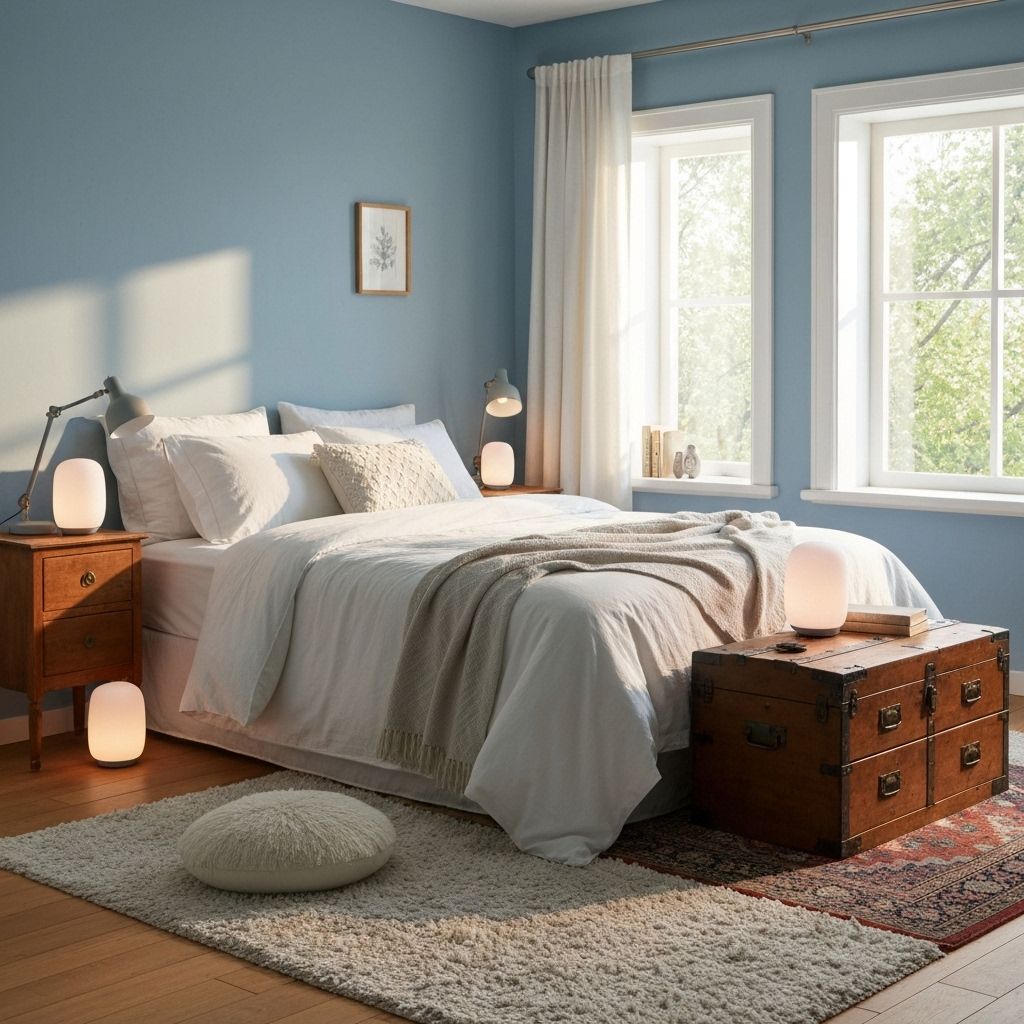
10 Evidence-Based Tips for Better Sleep Quality
By Dr. Sarah Mitchell
10 Evidence-Based Tips for Better Sleep Quality
Getting enough hours of sleep is important, but sleep quality matters just as much. Here are ten scientifically proven strategies to improve how well you sleep.
1. Optimize Your Sleep Environment
Temperature
Keep your bedroom cool (65-68°F or 18-20°C). Your body temperature naturally drops during sleep, and a cool room facilitates this process.
Darkness
Use blackout curtains or an eye mask. Even small amounts of light can disrupt melatonin production and sleep quality.
Noise
Minimize disruptive sounds with earplugs, white noise machines, or fans. Consistent background noise is better than intermittent sounds.
2. Establish a Consistent Sleep Schedule
Go to bed and wake up at the same time every day—yes, even weekends. This strengthens your circadian rhythm and makes falling asleep easier.
3. Create a Wind-Down Routine
Spend 30-60 minutes before bed doing relaxing activities:
4. Manage Light Exposure
During the Day
Get bright light exposure, especially in the morning. This helps regulate your circadian rhythm and improves nighttime sleep.
In the Evening
Dim lights 2-3 hours before bed. Use blue light filters on devices or wear blue-light blocking glasses.
5. Watch Your Caffeine Intake
Caffeine has a half-life of 5-6 hours, meaning half of it is still in your system hours after consumption. Avoid caffeine after 2 PM for better sleep.
6. Be Strategic with Exercise
Regular exercise improves sleep quality, but timing matters:
7. Mind Your Evening Meals
What to Avoid
What Helps
8. Limit Alcohol
While alcohol might help you fall asleep faster, it significantly disrupts sleep quality:
9. Manage Stress and Worry
Before Bed
If You Can't Sleep
Don't lie in bed awake for more than 20 minutes. Get up, do a quiet activity in dim light, and return to bed when sleepy.
10. Optimize Your Mattress and Pillow
Putting It All Together
You don't need to implement all these strategies at once. Start with 2-3 that seem most relevant to your situation and build from there.
Track your sleep quality for a few weeks as you make changes. Use our Sleep Clock tools to optimize your sleep timing alongside these quality improvements.
When to Seek Professional Help
If you've tried these strategies for several weeks without improvement, or if you experience:
Consult a sleep specialist. You may have an underlying sleep disorder that requires professional treatment.
Remember: good sleep is a skill you can develop. With consistent practice of these evidence-based strategies, you can transform your sleep quality and, by extension, your daily life.
Put This Knowledge Into Action
Use our sleep calculator to optimize your sleep schedule based on these principles.
Try Sleep Calculator